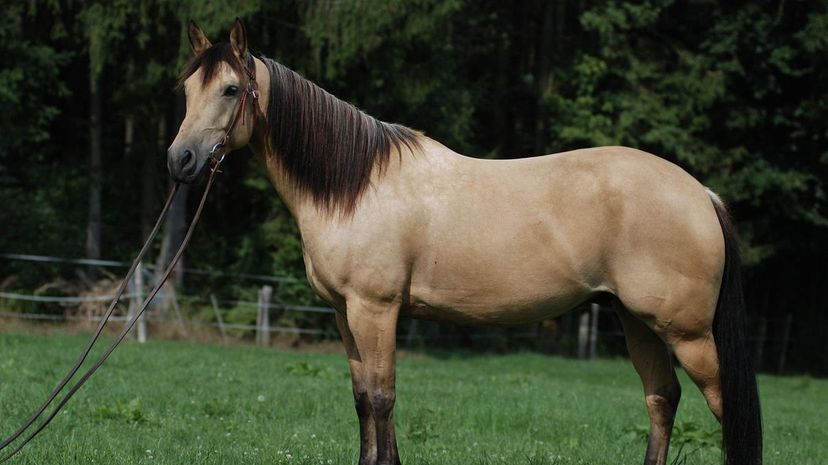
About This Quiz
Sure, most people will say that a dog is man's best friend and as great as dogs are, do they really merit that title when compared to horses? Horses have not just been companions, they've been coworkers, entertainers, fighters and providers for thousands of years. Horses have been indispensable to agriculture and military endeavors, not to mention opening up the world to travel long before the invention of motor vehicles. They're incredibly versatile animals and have changed the world in so many ways since they were first domesticated. It's hard to even imagine what life would be like had humans never formed a bond with horses and began to domesticate and train them. As great as your pet Chihuahua might be, no one was riding on the back of one to tame the Wild West or using it during a cavalry charge.
With thousands of years of history and dozens of reasons for breeding horses in one way or another, there are literally hundreds if not thousands of breeds you might be familiar with. Some have spread all over the world and can be seen in movies and others are exceptionally rare and only exist in small corners of the world. Whatever the case, if you're a horse expert, this is the quiz for you!
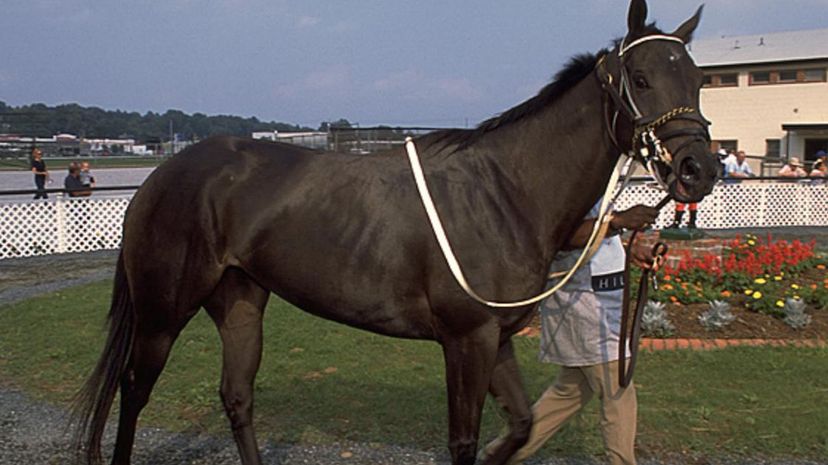
Thoroughbreds are probably the most famous breed of racehorses in the world, prized for their speed and agility. The name "thoroughbred" is sometimes used by people who are referring to a purebred horse, but Thoroughbred is an actual breed unto itself, so a horse could easily be a purebred Thoroughbred.
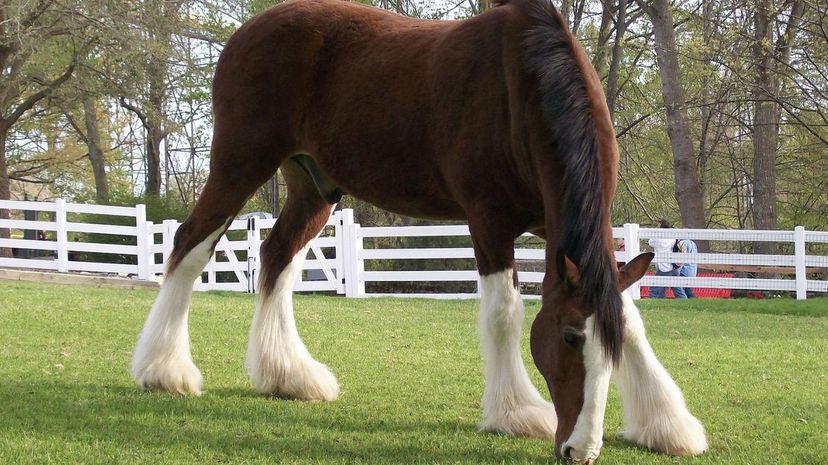
Clydesdale horses are named for Clydesdale County in Scotland and are some of the largest draft horses in the world. Noted for their large, shaggy hooves, Clydesdales can grow to weigh over one ton.
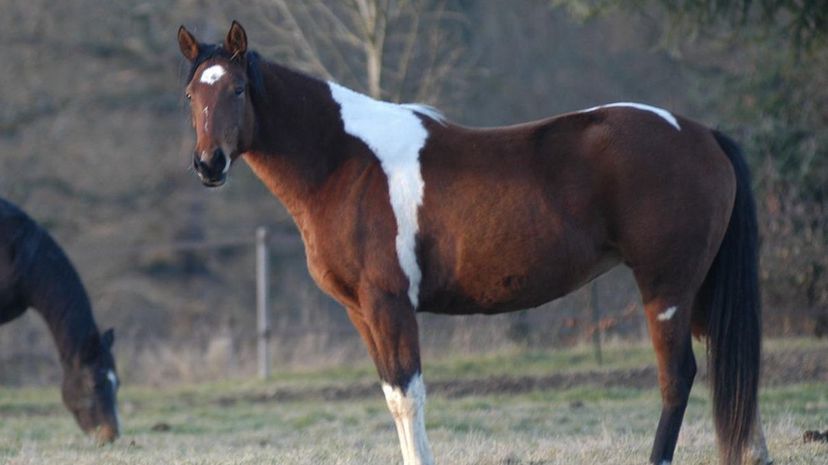
American Paint horses get their name from the splotchy, spotted colors that make it look like some has indeed painted them. Based on breed standards, it's possible for a solid-colored horse to still be a Paint if the genetics support it.
Advertisement
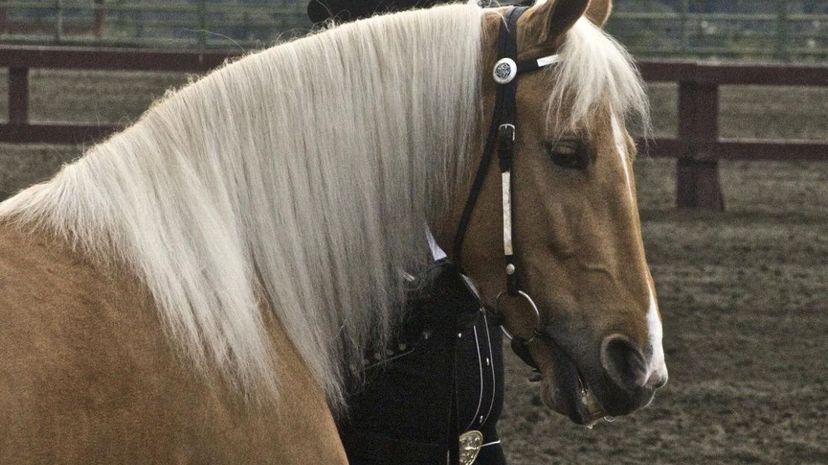
Tennessee Walking Horses have long been used as show horses because of their unusual gait. The Horse Protection Act of 1970 was created very much to help this breed, as some unscrupulous trainers and handlers were abusing their horses to force them to walk in the dramatic fashion they're known for.
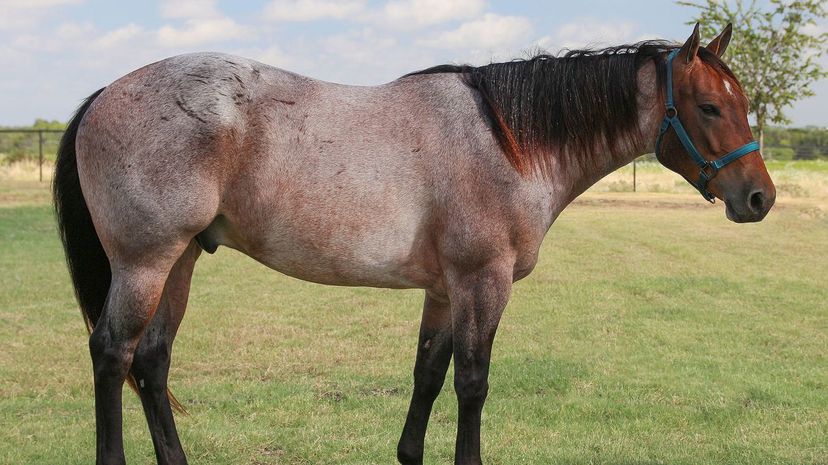
The American Quarter Horse is just a really fast horse over short distances. The "quarter" in the name refers to a quarter mile, the distance to which a Quarter Horse can outpace most other horses.
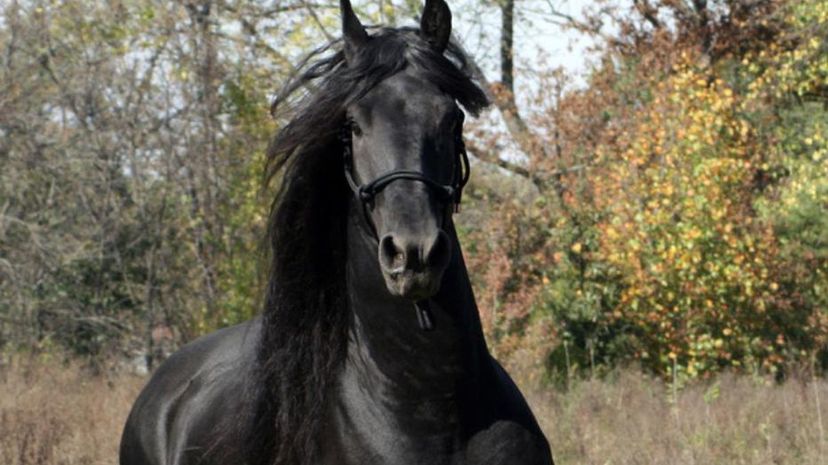
Friesian horses are native to the Netherlands and are a fairly old breed. References to troops riding Friesians into battle date back to the 4th century, and though hand-painted images are often hard to figure out in terms of animals being depicted, it's believed some images from the Middle Ages depicted Friesians carrying knights including William the Conqueror.
Advertisement
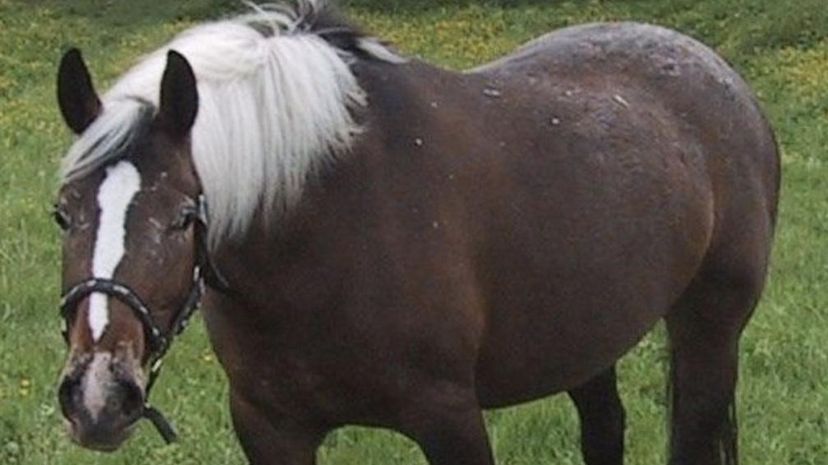
Appaloosa horses are some of the most popular in the United States and are actually the official state horse of Idaho as well as the mascot for the Florida State Seminoles. They're used very often in Western riding competitions and also tend to show up in movies about cowboys a lot.
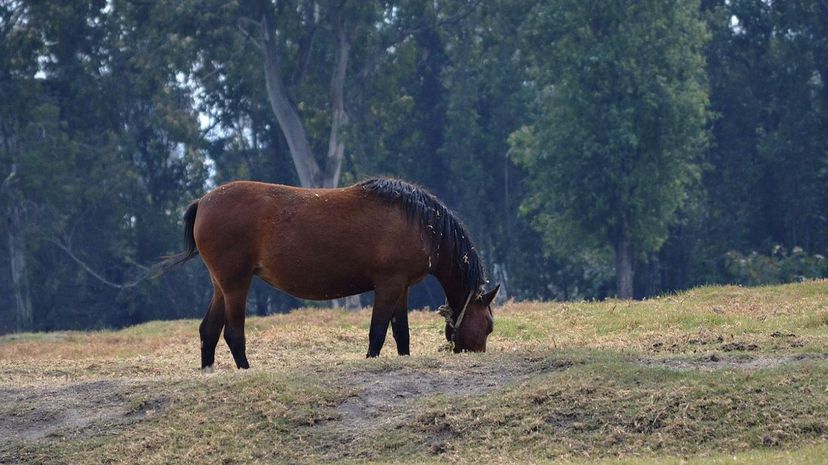
The Azteca horse was created by crossbreeding Mexican Criollo horses with Andalusians and Quarter Horses. To qualify for the breed registry a horse cannot be more than 75% of any one of those three breeds.
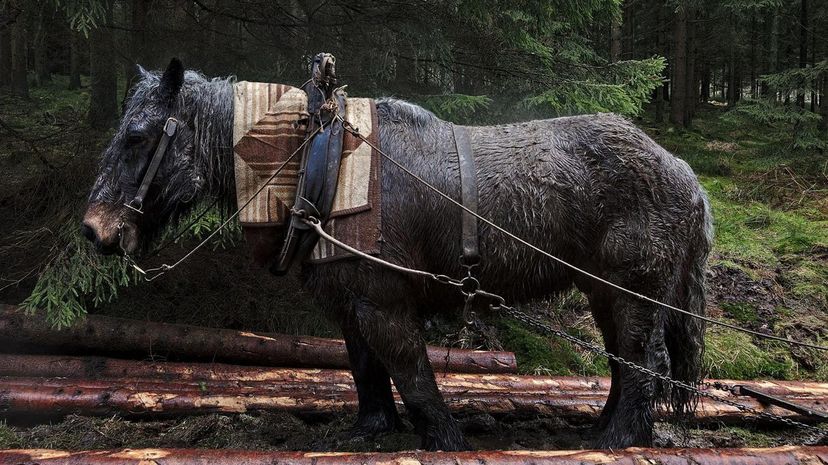
Belgian draft horses are one of the largest breeds in the world. The tallest in the world is one named Big Jake who stands 82.75 inches tall. The record for the largest Belgian was named Brooklyn Supreme. Though not as tall as Big Jake, he weighed 3,200 pounds.
Advertisement
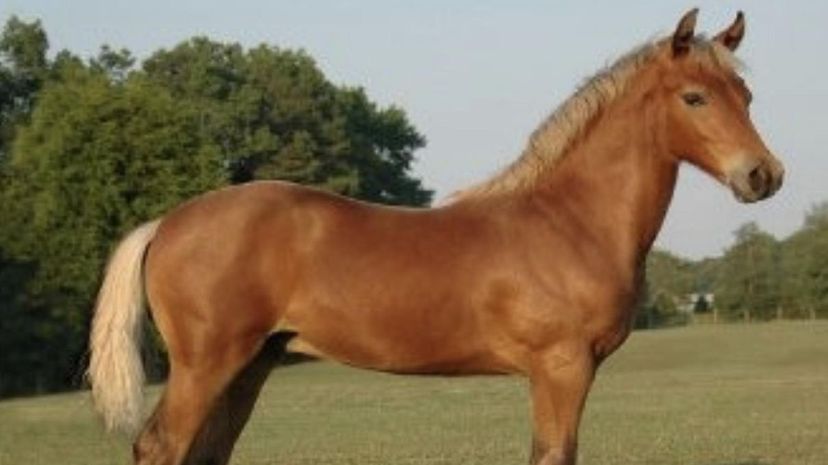
Morgan horses were named for Justin Morgan, the man who received a stallion named Figure as a payment for a debt he was owed. The pedigree of Figure was not known but he was bred extensively and his offspring were the foundation of the Morgan breed.
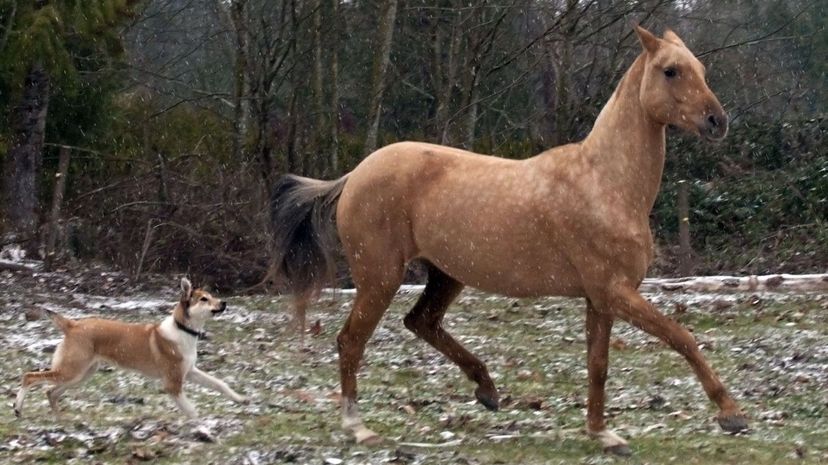
Akhal-Teke horses come from Turkmenistan and most still live in the area. They earned the nickname "Golden Horses" because their unusual golden coat actually has a sheen to it that makes it look metallic.
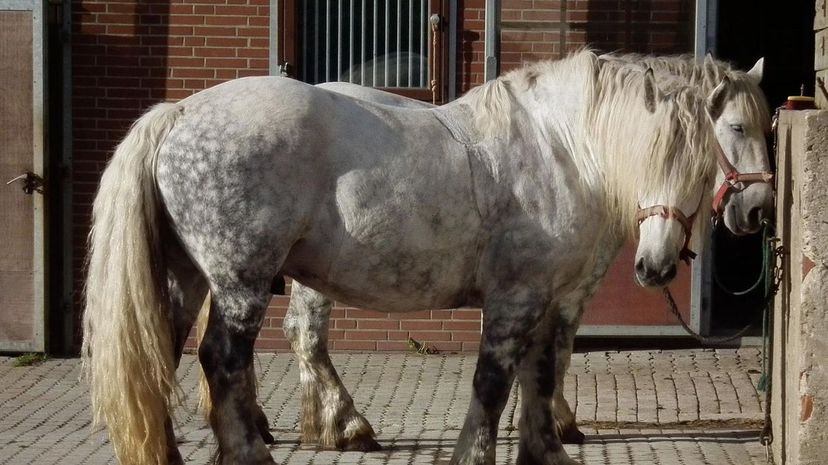
Percherons come from Western France in an area once known as Perche. They were used during World War I in Europe because they were actually more versatile on roads than motor vehicles, they could handle mud and their calm demeanor meant they were able to work around guns.
Advertisement
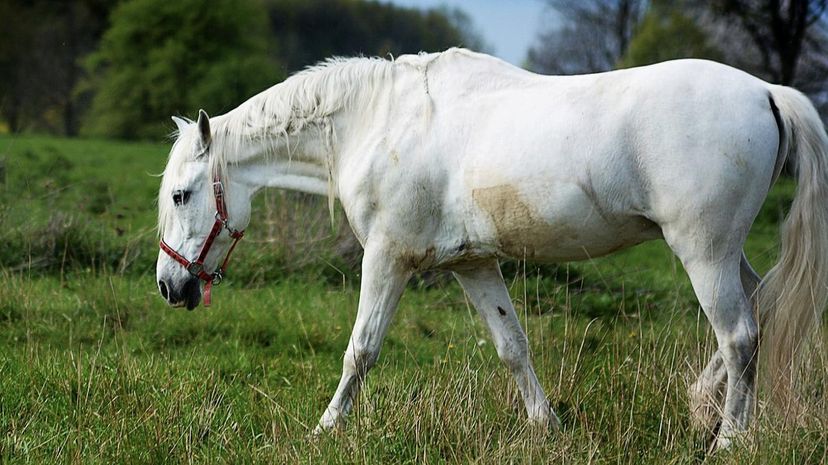
Andalusians come from the Iberian Peninsula originally and have a very noble history. They were prized by European royalty, and in 1667 the Duke of Newcastle called them the "princes" of the horse world, which no doubt increased their demand among society types.
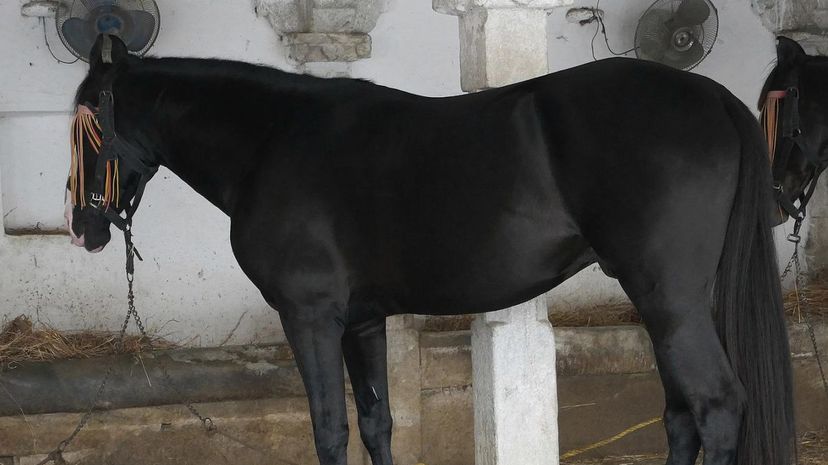
Marwari horses come from the Marwar region of India and are most easily recognized by their inward-facing ears that grow together so it almost looks like they're holding hands on top of the horse's head.
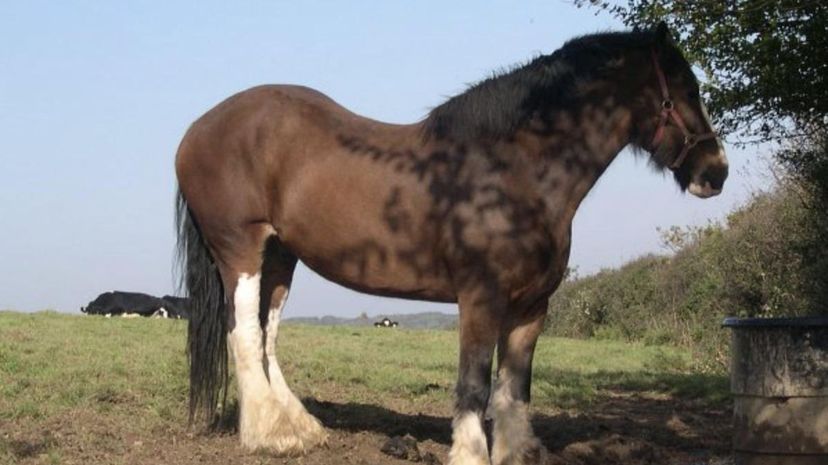
Shire horses aren't just big, they're really big. A horse named Mammoth, who started life with the name Sampson back in 1846, was the tallest and heaviest horse on record. Mammoth stood 86.5 inches tall and weighed an estimated 3,360 pounds.
Advertisement
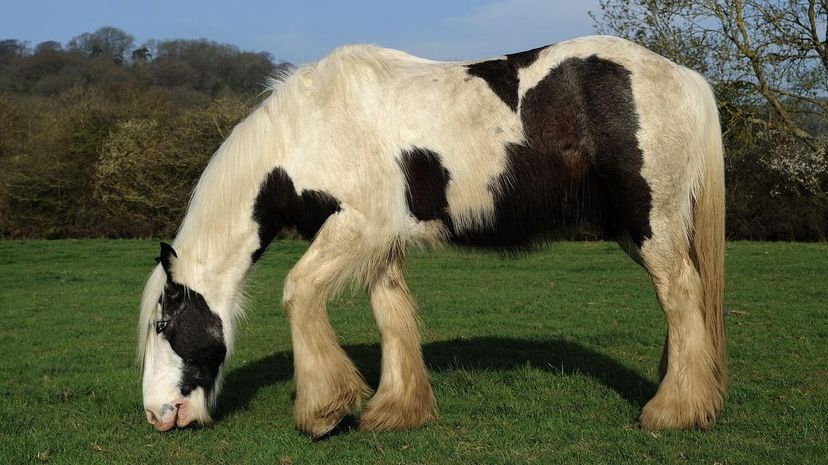
The Gypsy Horse or Gypsy Vanners are Irish horses that get their name from Irish Travelers, what some people would call gypsies. Irish and Romani travelers are itinerant people, meaning they travel around rather than living in one spot, and traveling meant you needed a horse to pull your wagon. Hence, the Gypsy Horse.
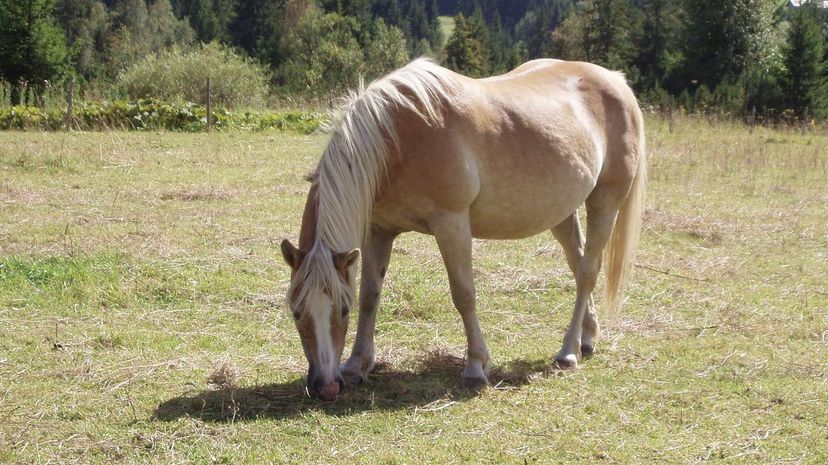
Haflingers are also called Avelignese and, appropriately enough, come from the Italian village of Hafling. The breed has been well-maintained such that you can trace all of their roots back to one stallion name Folie who was the foundation sire for all Haflingers.
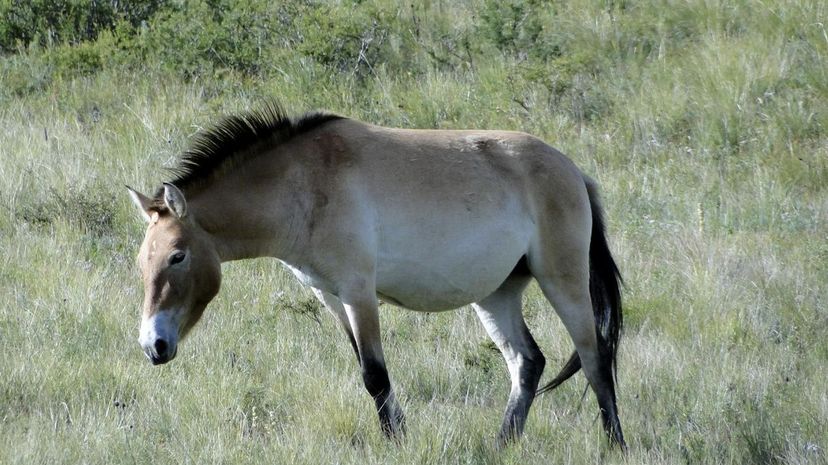
Mongolian horses obviously come from Mongolia, where upward of 3 million of the horses exist which is in and around the number of humans who also live in the country. These were the horses that conquerers like Ghengis Khan rode when spreading the Mongol Empire.
Advertisement
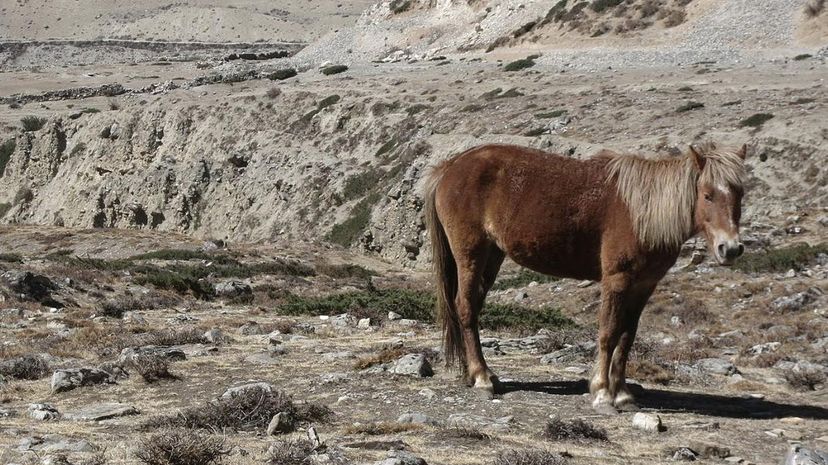
Mustangs are iconic horses of the Wild West but themselves are not wild. Mustangs trace their roots to horses brought to America by the Spanish and because they were once domestic horses, they have simply gone feral and aren't strictly speaking wild horses.
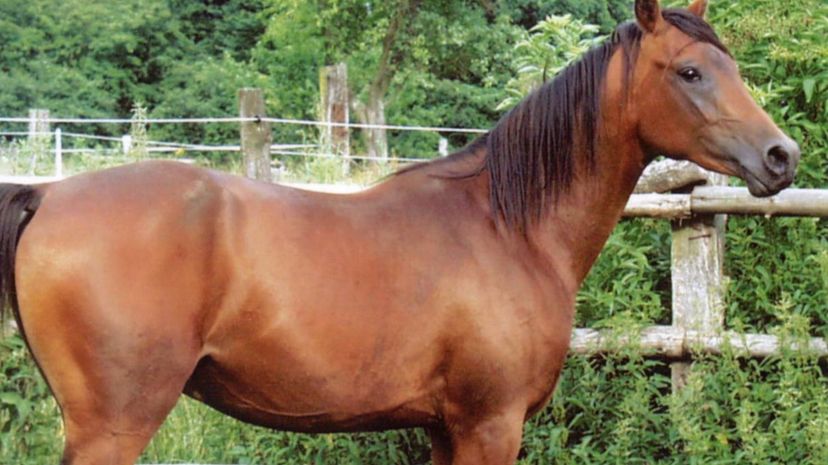
Arabian horses are some of the oldest horses in the world and also some of the most widely recognized. Prized for their versatility in everything from war to sport to just being gentle companion animals, you can currently find Arabians in pretty much every country on Earth that has horses.
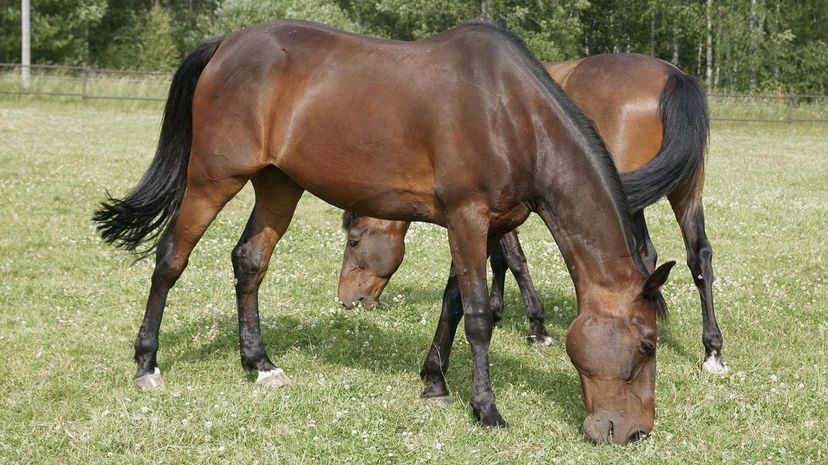
Standardbred horses trace their lineage to Thoroughbreds, which makes sense since both horses are famed for their racing abilities. Standardbreds are also known as the fastest trotting horses in the world, and many other horses are crossbred with Standardbreds to improve trotting speed.
Advertisement
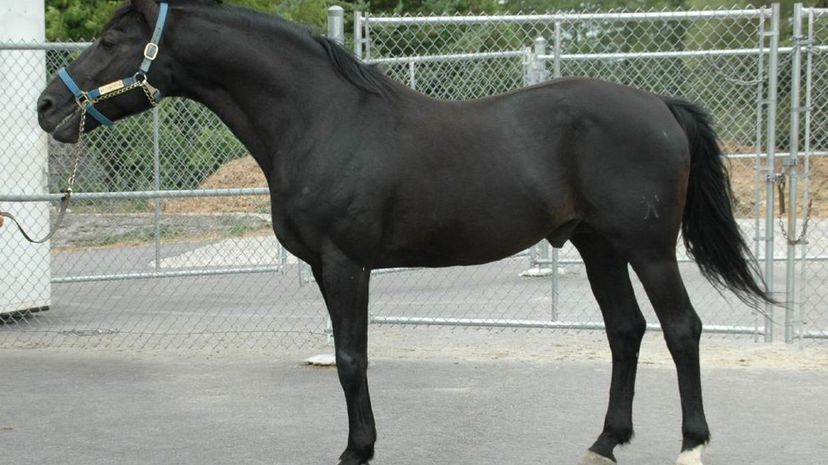
Hanoverian horses consistently do well in Olympic equestrian events including eventing, showjumping and dressage. In fact, Hanoverians have been the most successful horses in Olympic dressage for many years.
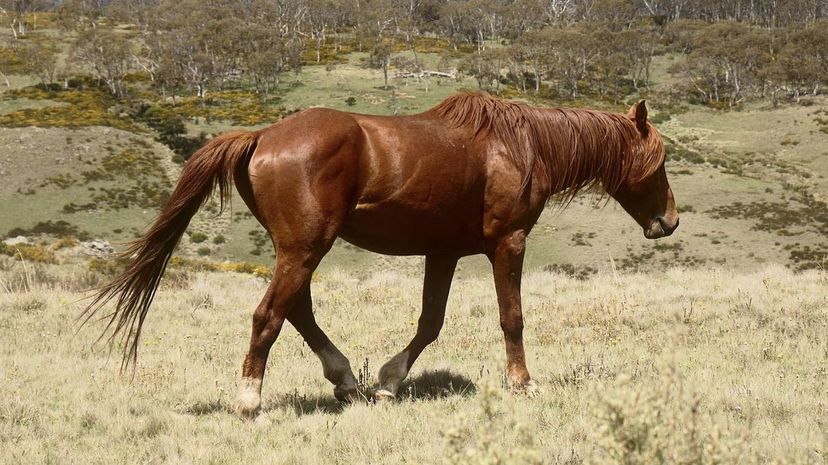
Brumby horses freely roam the Australian Alps and the Northern Territory as well as Queensland in Australia. Brumbies are descended from lost and escaped horses dating all the way back to the European settlers who first arrived in Australia.
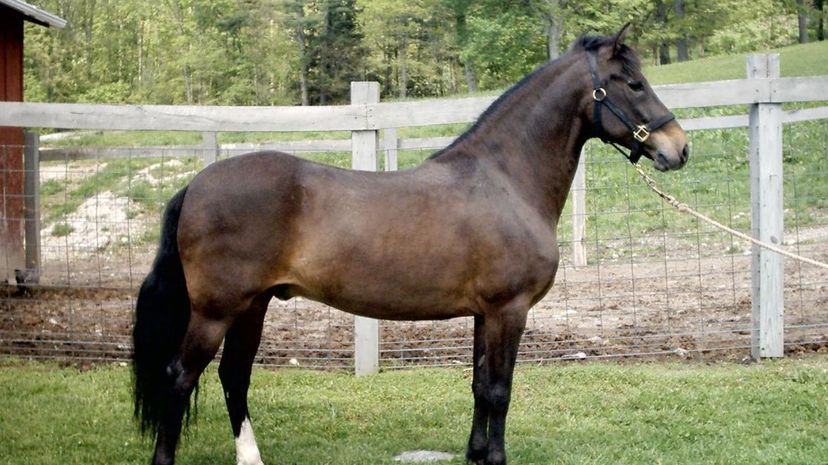
Paso Finos, which means "fine step," were developed from Spanish horses bred to work plantations in places like Cuba, Puerto Rico, and other countries where the Spanish settled. Ancestors of the modern breed were likely introduced to the area by Christopher Columbus and Ponce de Leon.
Advertisement
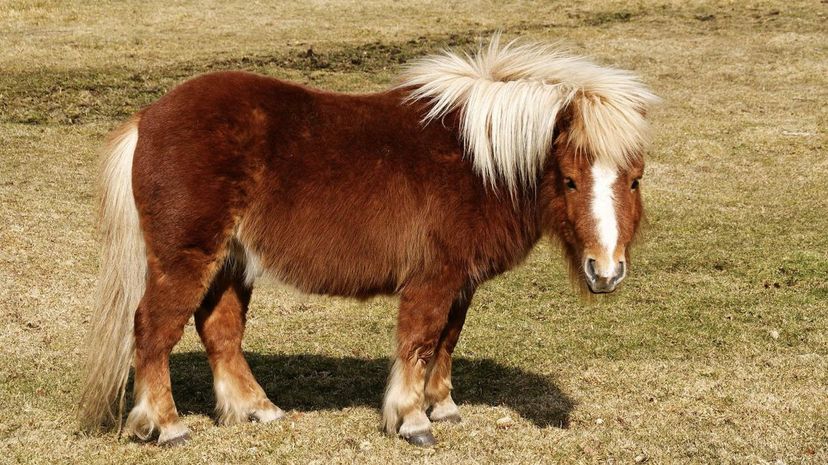
Shetland ponies are tough little animals that originally come from Scotland. For a time they were exported to countries like Britain and the US to be mine ponies, hauling carts of coal and other minerals underground because their short stature and stout nature made them well-suited. Unfortunately, the work was extremely dangerous and few animals survived long. Luckily they're no longer used for this purpose.
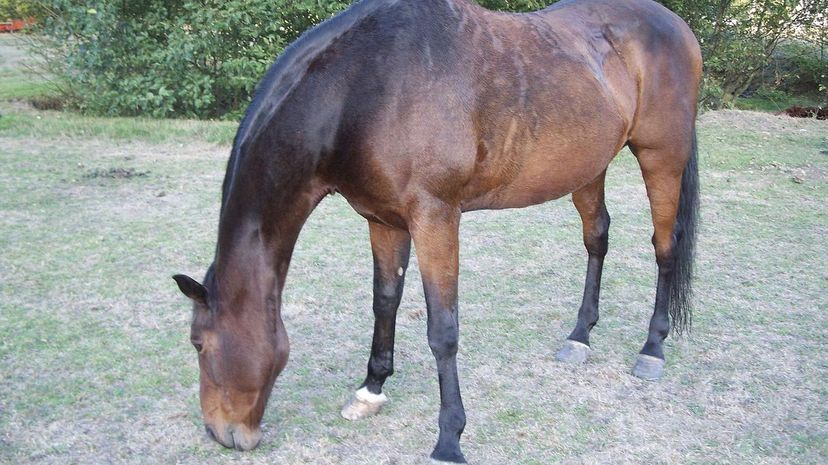
The American Saddlebred was once known as the Kentucky Saddler and sometimes goes by the awkward title of the horse that America made, even though numerous breeds call America home.
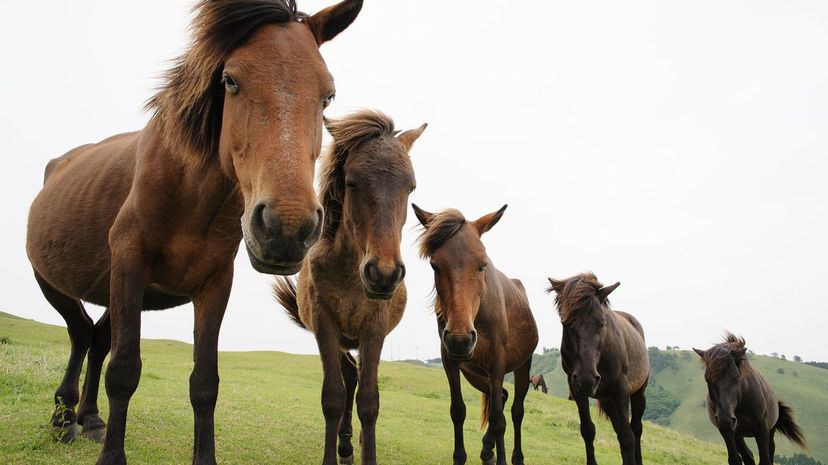
Misaki horses are native to Japan but currently exist in dangerously low numbers. The feral horses and the region in which they live have been declared a Japanese National Treasure and are popular with tourists to the area.
Advertisement
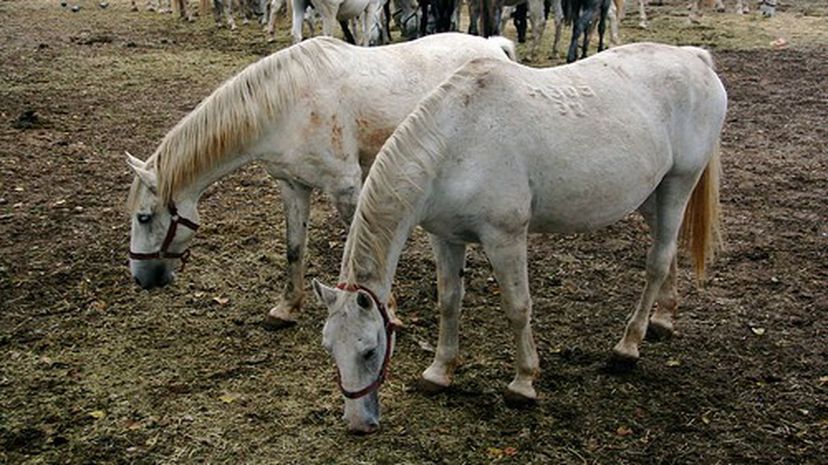
Lipizzaner horses come from a place called Lipica in Slovenia. The Lipica stud farm was established in the year 1580 and is still going strong. The reason the horses are known as Lipizzan as opposed to Lipica is just a matter of translation - Lipizzan is Italian for Lipica.
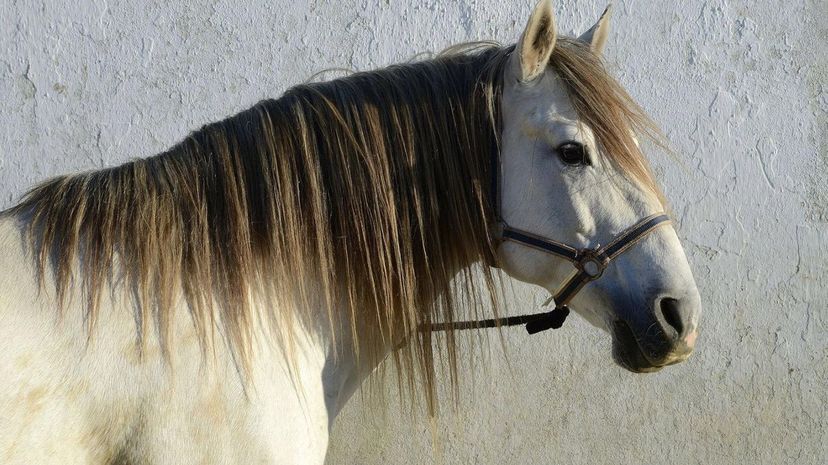
Lusitano horses are a Portuguese breed that, like Andalusians, come from the Iberian Peninsula. Apparently, some experts believe the only difference between an Andalusian and a Lusitano is where the horse was physically born. Otherwise, they're genetically the same.
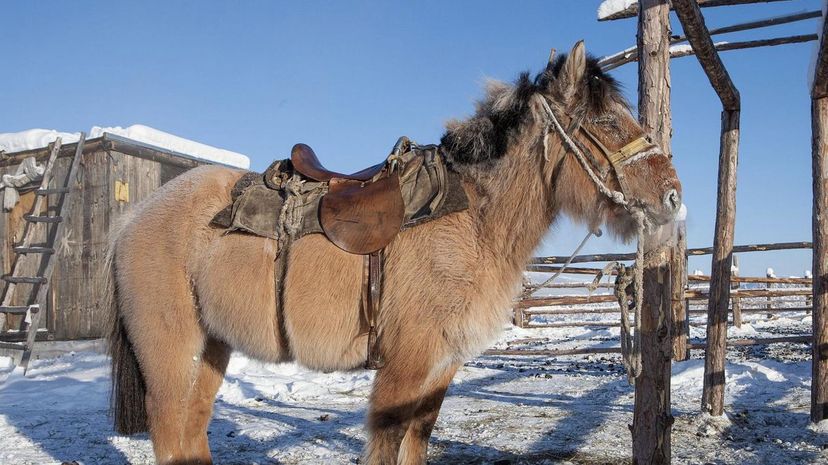
The Yakutian horse is native to Siberia and is able to handle an incredible temperature variation. The regions in which they live can go from sweltering 100F in the summer down to -94F in the winter, and the horses manage to survive it all completely unstabled.
Advertisement
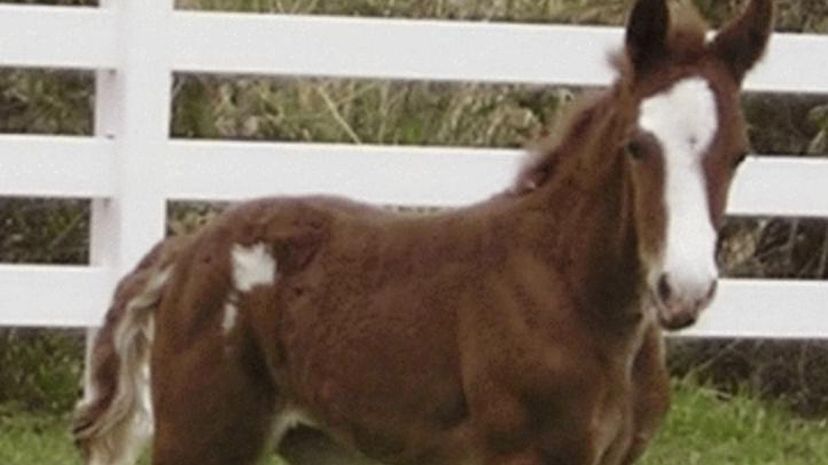
Hackney horses can trace their roots to another breed called the Norfolk Trotters. That breed was created at the insistence of the King of England who wanted the wealthy to have an active breeding stock of trotting horses that would eventually be bred into the Hackney horse of today.
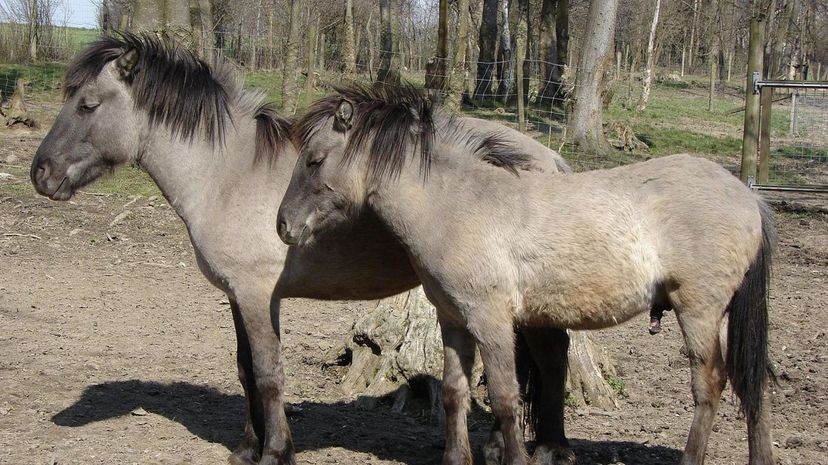
Heck horses were first bred by German brothers Heinz and Lutz Heck. Their goal at the time was to breed an extinct species of horse known as the tarpan back into existence. They failed, but the Heck horse did become its own breed in the process.
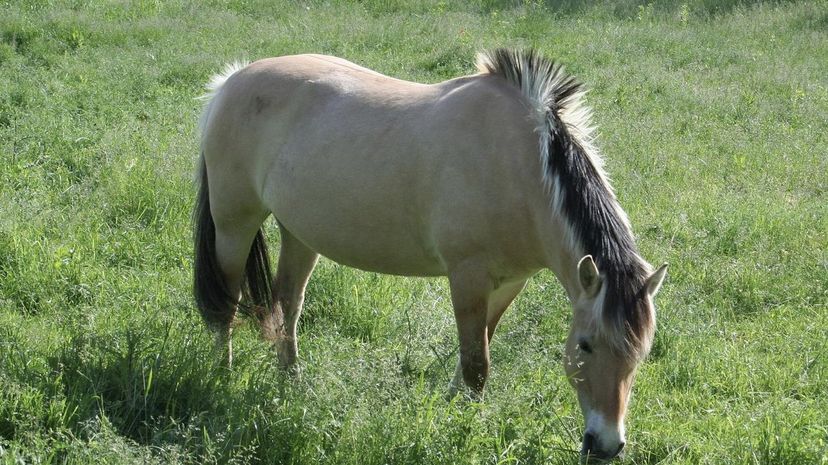
Fjord horses are powerful working horses native to Norway. Archaeological evidence has shown that Vikings would have used Fjord horses as mounts during wartime and they have long been used as farm animals in the region as well.
Advertisement
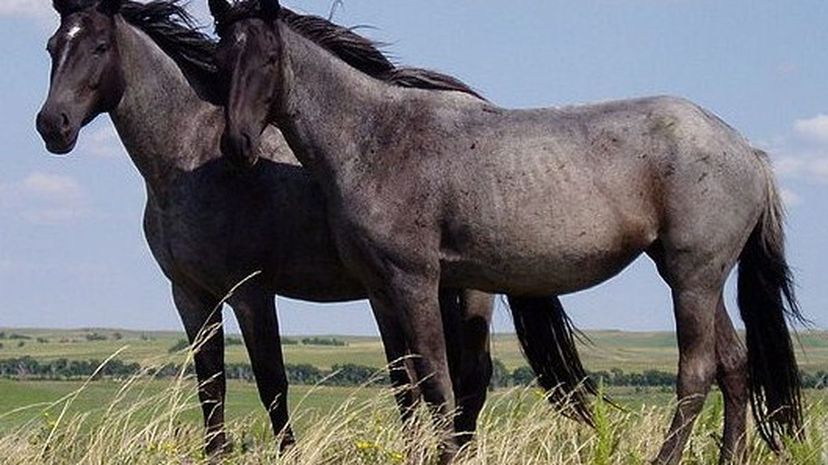
Nokota horses are feral horses that had nearly been eradicated by ranchers who wanted to get rid of horses and other wildlife that would be grazing on their land and causing their own animals to miss out. When the Theodore Roosevelt National Park was created in 1940, several Nokota were living in the area at the time and suddenly found themselves legally protected from harm.
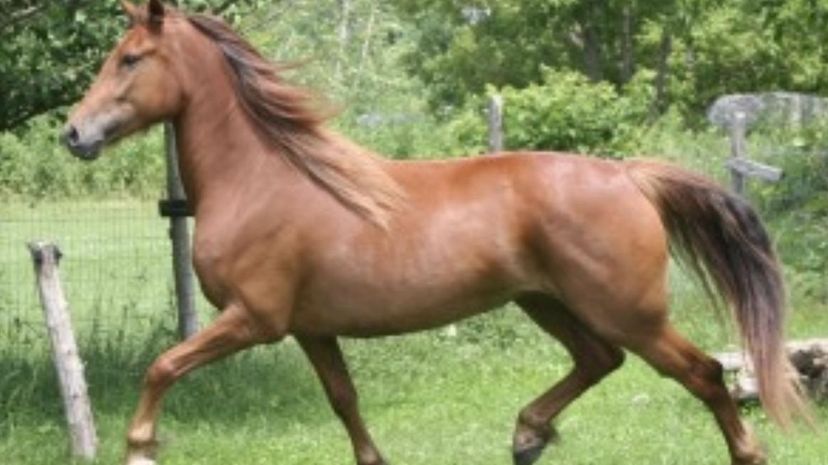
Canadian horses were exported in large numbers to the United States during the Civil War to be used as cavalry mounts. Few horses survived the war, and the toll on the breed as a whole was devastating. It's still considered a threatened breed to this day.
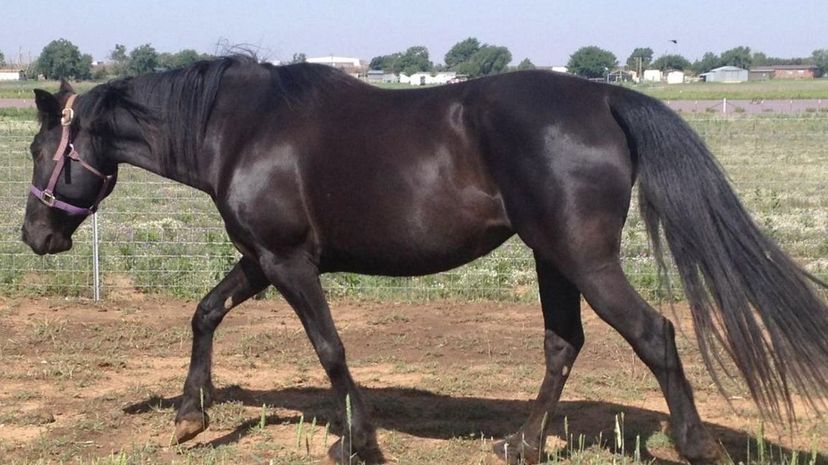
The Missouri Fox Trotter gets its name first because, obviously, it comes from Missouri. The latter half of the name is from the horse's gait called the fox-trot, which is somewhat confusing to those who don't see it in action but involves the front hoof hitting the ground a fraction of a second before the diagonal rear hoof, creating a rhythmic, four-beat gait. If that made sense to you.
Advertisement
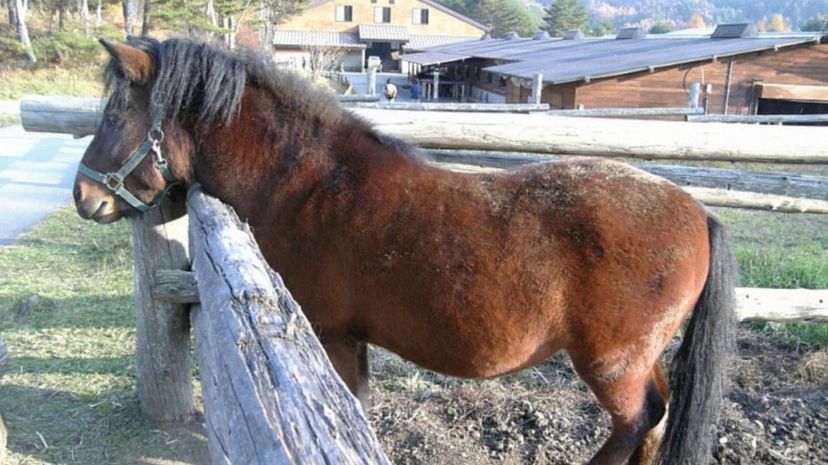
The Kiso horse comes from the Honshu region of Japan. Many of the breed were gelded during the Second World War, and a single stallion managed to escape. The son of that stallion, named Daison-haruyama, became the foundation stallion for the modern breed.
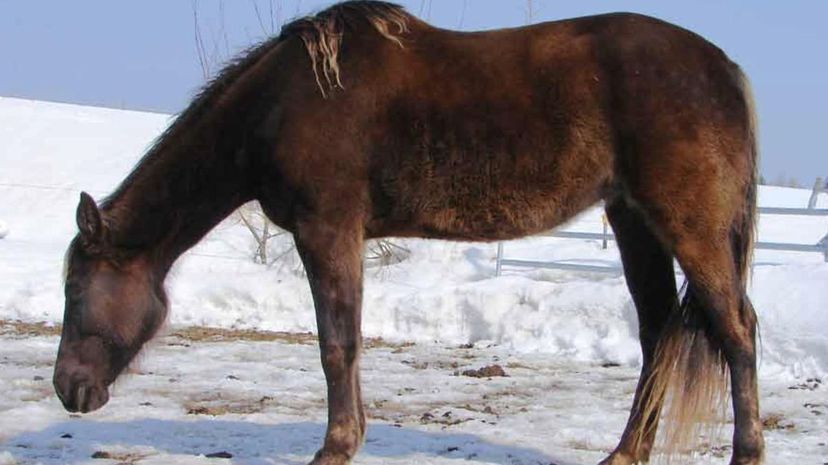
The Rocky Mountain horse is one of the most oddly-named horses in the world simply because it's not from the Rocky Mountains. Old Tobe, the foundation stallion of the breed, did come from the Rockies but he was brought to Kentucky and the Appalachian Mountains and that's where the breed began.
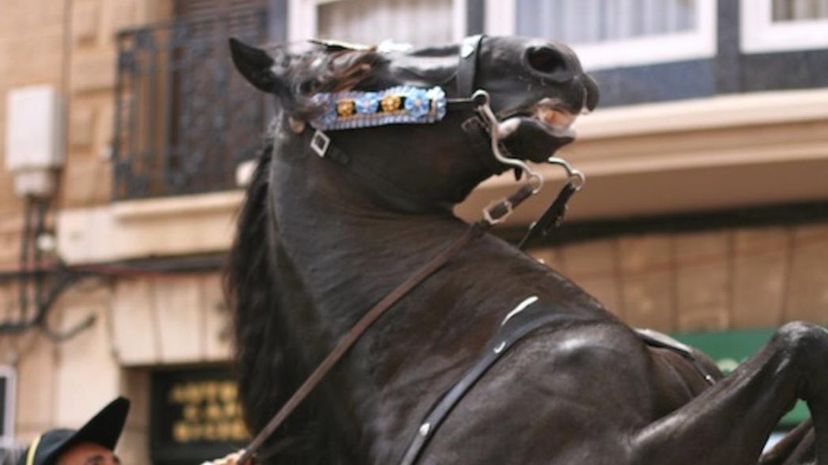
Menorquin horses come from Menorca, an island that belongs to Spain. All members of the breed must be black, and if they are not black they just can't be registered as Menorquin horses.
Advertisement
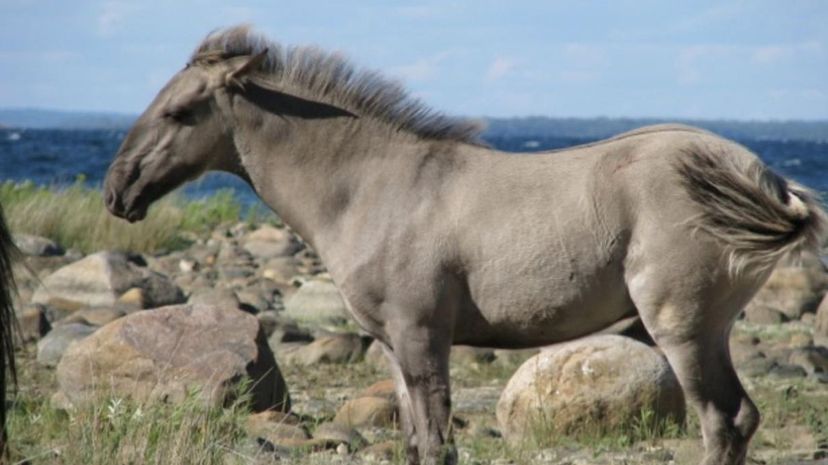
Sorraia horses come from the Iberian Peninsula and may be related to ancient, wild horses from the region. Genetic markers indicate the Spanish may have used some of these animals and brought them to the New World, but it wasn't until 1920 when a zoologist and a planetologist first cataloged the species.